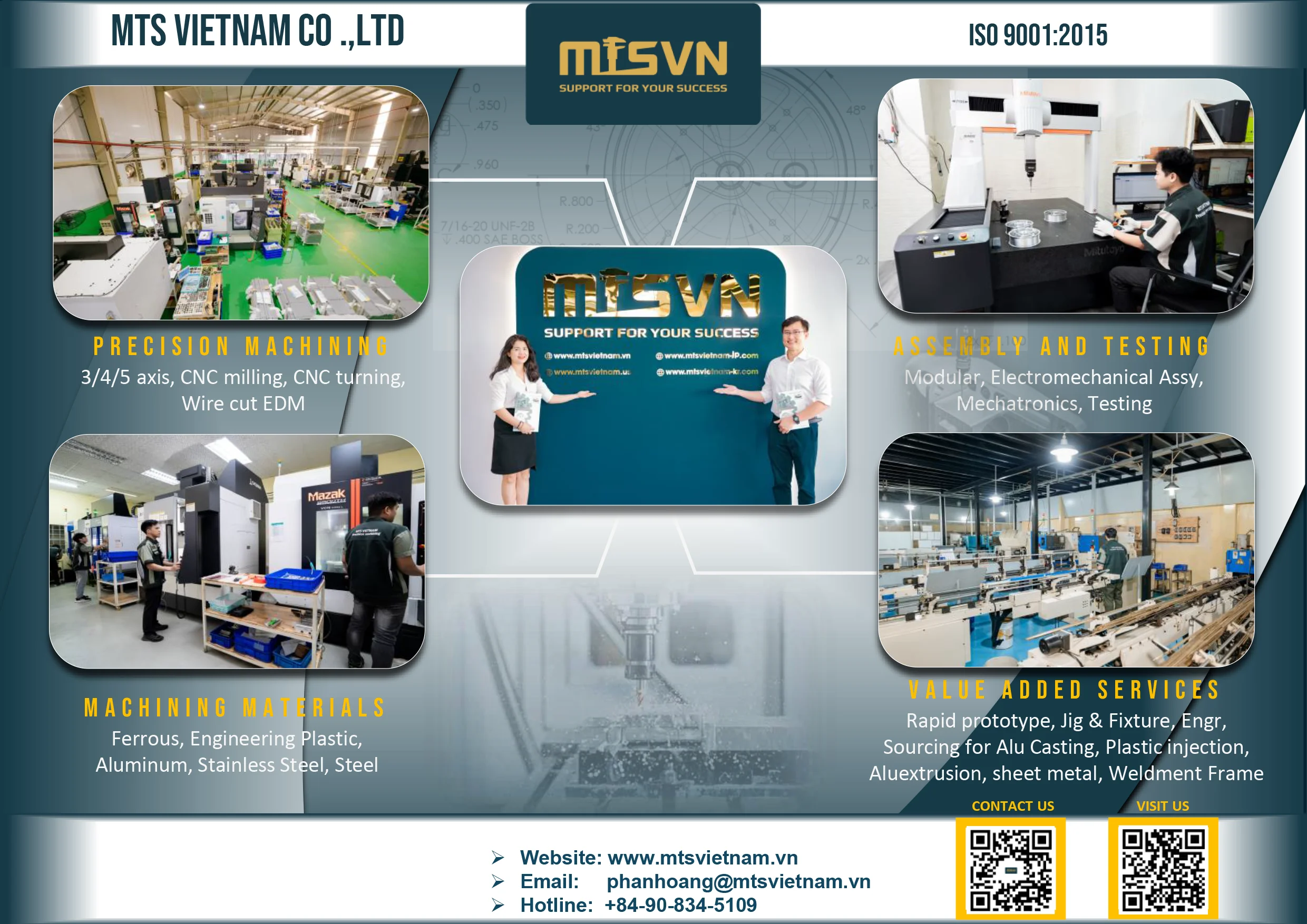Introduction
Quality control and measurement in precision mechanics are critical components of the manufacturing process, ensuring that products meet stringent specifications and perform reliably in their intended applications. This discipline combines advanced metrology tools, statistical techniques, and quality management principles to maintain the high standards required in fields such as aerospace, automotive, medical devices, and electronics.
The Importance of Quality Control and Measurement
In precision mechanics, the margin for error is incredibly small. Components must fit and function together with exact precision, often at the micro or nano-scale. Quality control and measurement practices are implemented to ensure these tight tolerances are met, thereby guaranteeing the performance, safety, and reliability of the final products.
Metrology: The Science of Measurement
Metrology, the science of measurement, plays a pivotal role in precision mechanics. It involves the use of highly sophisticated instruments and techniques to measure the physical properties of components with extreme accuracy. Key metrology tools include:
- Coordinate Measuring Machines (CMMs): CMMs offer the ability to measure the geometry of objects with high precision by touching the surface with a probe.
- Optical and Laser Scanners: These non-contact measurement devices capture the dimensions and surface characteristics of parts quickly and with high resolution.
- Surface Roughness Testers: Surface finish or roughness is critical in many precision components, affecting their functionality and lifespan. Surface roughness testers evaluate this aspect meticulously.
Statistical Process Control (SPC)
Statistical Process Control (SPC) is a method of quality control which uses statistical methods to monitor and control a process. This helps ensure the process operates at its full potential to produce conforming products. SPC can identify when processes do not behave according to established patterns, indicating potential issues before they lead to actual defects.
Implementing Quality Control Systems
The implementation of a comprehensive quality control system in precision mechanics involves several key steps:
- Defining Quality Standards: Clearly defined specifications and tolerances are the foundation of quality control. These standards must align with the intended use of the product and the requirements of the customer.
- Selection of Appropriate Measurement Tools and Techniques: Depending on the characteristics that need to be measured, different tools and methods will be chosen to ensure accurate and reliable data.
- Routine Calibration and Maintenance of Equipment: To maintain the accuracy of measurements, regular calibration of measurement tools against certified standards is essential.
- Training and Competency of Personnel: Skilled operators and inspectors are crucial for effective quality control. Training programs and continuous education are necessary to keep up with advancements in measurement technologies and practices.
Challenges in Quality Control and Measurement
Despite advancements in technologies and methodologies, several challenges persist in the realm of quality control and measurement:
- Miniaturization of Components: As components become smaller, measuring their dimensions and properties with the required precision becomes more challenging.
- Material Properties: Variability in material properties can affect the manufacturing process and the final product. Understanding and controlling these variations are crucial for maintaining quality.
- Environmental Factors: Temperature, humidity, and other environmental factors can affect both the measurement process and the properties of the materials being measured.
Future Trends in Quality Control and Measurement
The future of quality control and measurement in precision mechanics is likely to be shaped by several emerging trends:
- Integration of Artificial Intelligence (AI) and Machine Learning: AI and machine learning algorithms can analyze data from manufacturing processes in real-time, predicting and preventing defects before they occur.
- Advanced Imaging and Sensing Technologies: New imaging and sensing technologies offer the potential for more detailed and faster inspections, even at the nano-scale.
- Additive Manufacturing: As 3D printing becomes more prevalent in precision mechanics, quality control methods must adapt to the unique challenges presented by this manufacturing technique.
Conclusion
Quality control and measurement are indispensable to the field of precision mechanics, ensuring that components and systems meet the exacting standards required for their intended applications. Through the use of advanced metrology tools, statistical techniques, and a commitment to continuous improvement, manufacturers can achieve the high levels of quality and reliability that their customers demand. As technology advances, so too will the methods and tools available for quality control and measurement, further enhancing the capabilities of precision mechanics to support the development of innovative and reliable products.
This overview captures the essence of what a comprehensive article on "Quality Control and Measurement in Precision Mechanics" might include. A full-length piece would delve into each of these topics in greater detail, providing insights into the specific techniques, technologies, and challenges associated with ensuring quality in the precise world of modern manufacturing.
MTS Vietnam is a prominent company specializing in precision mechanical components fabrication. Established in 2017, it has quickly become a reputable name in the Vietnamese and Southeast Asian markets. The company's expertise lies in CNC milling and turning parts made from a variety of materials, including Aluminum, Steel, Stainless, POM, and other engineering plastics. MTS Vietnam is dedicated to supporting the success of its customers and strives to be a leading company in the field of precision mechanical processing both in Vietnam and internationally.
In addition to its fabrication services, MTS Vietnam offers assembly services for components and machines, as well as CNC program services. This comprehensive range of services is aimed at providing optimal solutions and benefits to its customers through the company's ecosystem and strengths. MTS Vietnam emphasizes the importance of investing in new technology and quality control equipment to ensure that it can deliver merchandise at competitive prices and within the required deadlines.
WORKSHOP: 248/10 ĐT743A Street, Binh Thung 1 Quarter, Binh An Ward, Di An City, Binh Duong Province, Vietnam
Tel/zalo/viber: 0908.345.109
Email: phanhoang@mtsvietnam.vn | info@mtsvietnam.vn
Website: www.mtsvietnam.vn (Global Market) | www.mtsvietnam-jp.com (日本)
For USA Sales, please contact MTS USA at:
Tel/zalo/viber: 978-777-1716
Email: sales@mts-usasales.com
Website: www.mtsvietnam.us (US Market)







